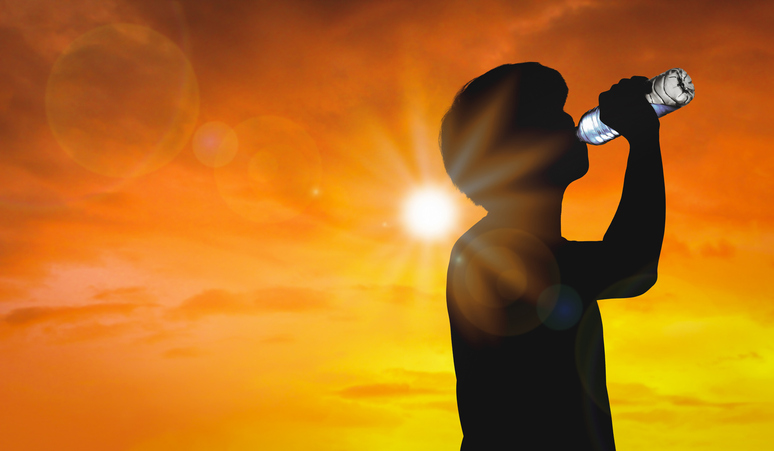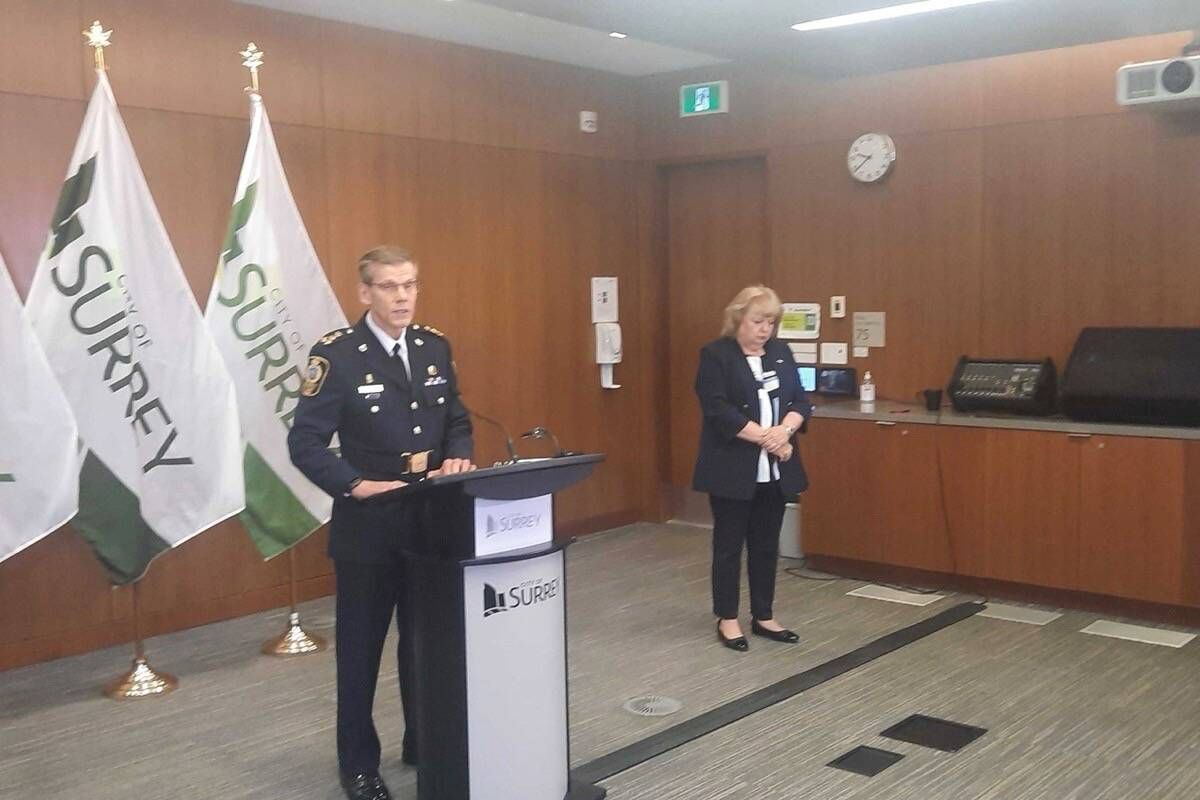Environment Canada issues heat warning for southern B.C., forecasting highs up to 35°C through Aug. 12. Public urged to take health precautions amid heat risks.
Heat Advisory Covers Multiple Regions in Southern B.C.
Environment Canada announced a heat warning on Monday, August 11, covering southern British Columbia regions including the Fraser Valley, Metro Vancouver, Fraser Canyon, the Thompson areas, south Okanagan, parts of Vancouver Island, the Sunshine Coast, and Whistler. The warning remains in effect through Tuesday, August 12, with temperatures expected to climb as high as 35 degrees Celsius in some locations.
Rising Temperatures Expected Early This Week
The Lower Mainland, including Metro Vancouver and Fraser Valley, anticipates daytime highs near 33°C, accompanied by overnight lows around 17°C. Similarly, east and inland Vancouver Island will see highs reaching 30°C and lows near 16°C. The Fraser Canyon, North and South Thompson, and south Okanagan regions face the highest temperatures, with forecasts hitting up to 35°C and nighttime lows around 18°C. Cooling trends are predicted to begin Wednesday, August 13.
Localized Cooling Near Water Bodies
Due to strong northwesterly winds over the Strait of Georgia, southwestern Metro Vancouver and waterfront areas are expected to experience some relief from the heat. However, northeastern and inland sections of Metro Vancouver will still face daytime temperatures in the low 30s Celsius.
Public Health Risks and Safety Measures Urged
Environment Canada, in collaboration with local health officials, highlights that prolonged heat exposure poses a moderate risk to public health. Vulnerable groups include seniors, individuals living alone, and those with chronic health conditions such as diabetes, heart or respiratory diseases, as well as mental health challenges and mobility limitations. The advisory stresses the importance of staying hydrated, seeking cooler environments, and monitoring for symptoms of heat-related illnesses.
Community Encouraged to Support At-Risk Individuals
Authorities urge the public to check on family, friends, and neighbors who may be especially susceptible to heat stress. Early recognition of heat illness signs—such as dizziness, headache, or nausea—is critical for timely intervention. Precautionary steps are recommended to mitigate health impacts during the heat event.



























